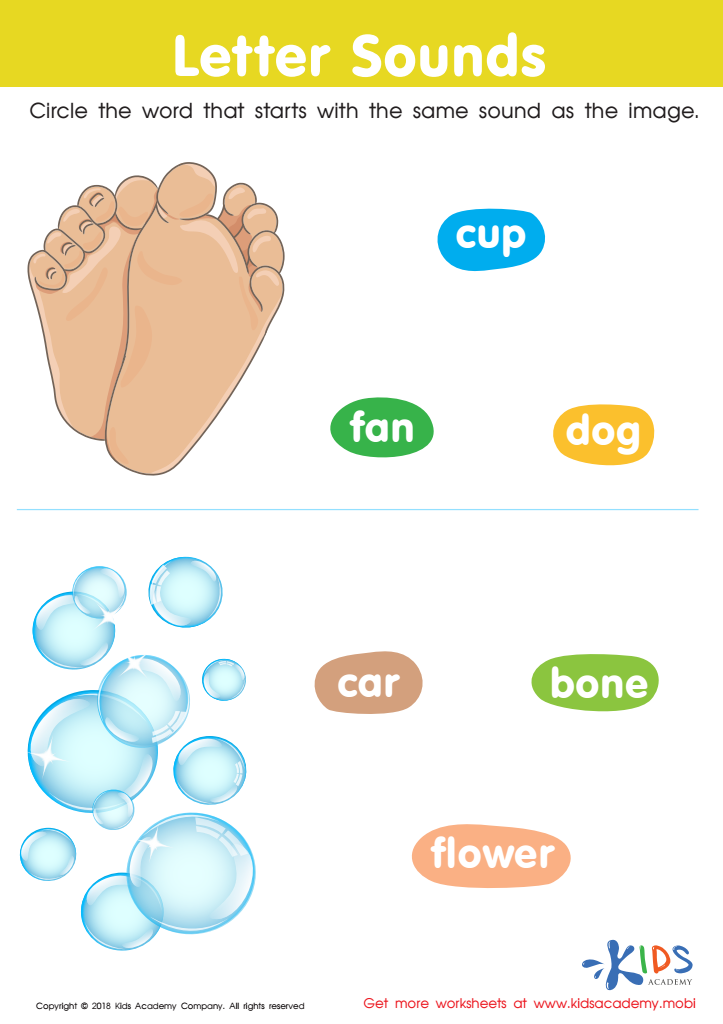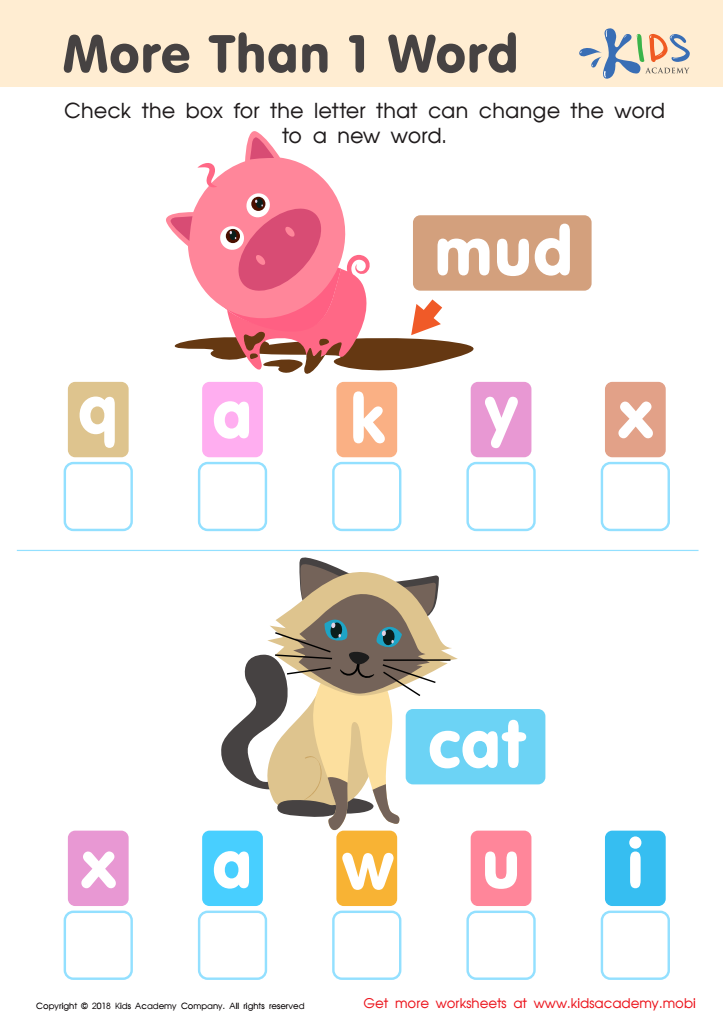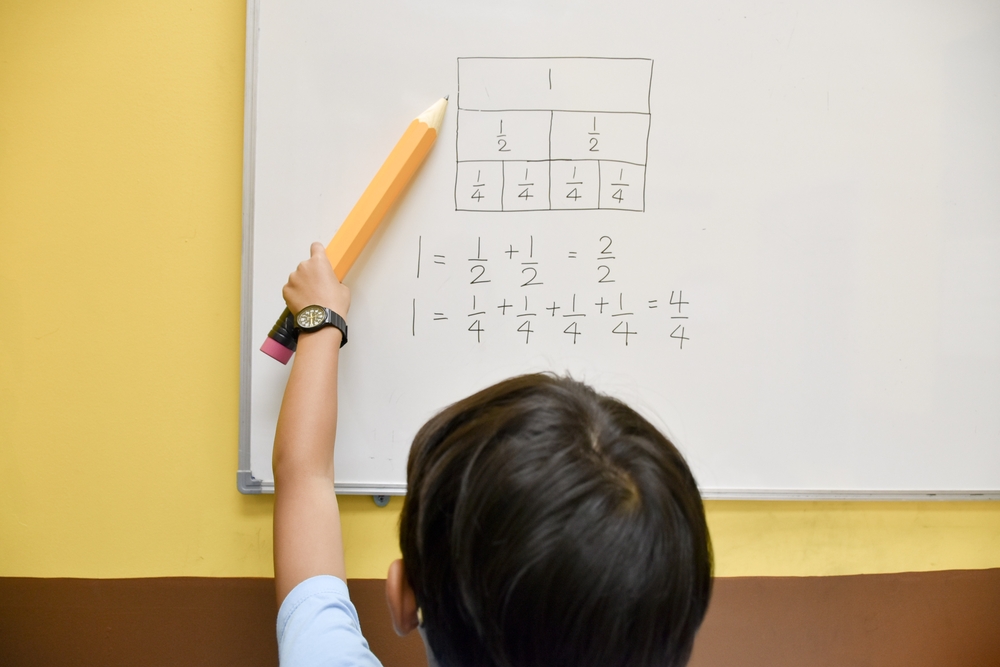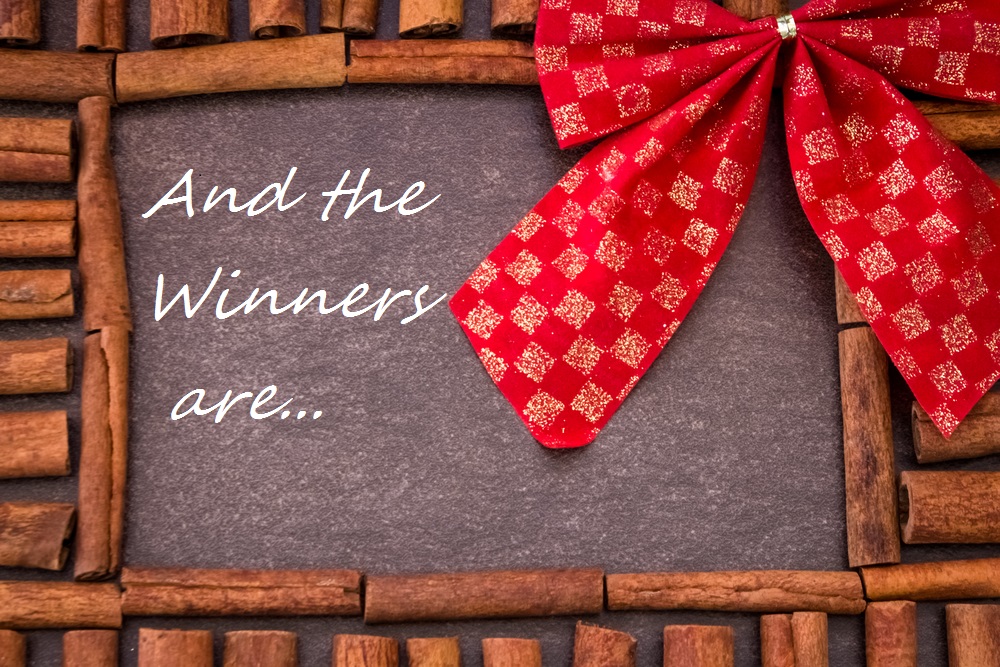Letter Sounds worksheets activities for Ages 4-6
2 filtered results
-
From - To


letter sounds Worksheet


More than 1 word Worksheet
Letter Sounds worksheets activities represent a cornerstone in early childhood education, offering an array of benefits that extend far beyond the classroom. These strategically designed exercises not only introduce young learners to the alphabet but also lay the foundation for reading and writing skills by emphasizing the sounds each letter makes. The unique blend of visual recognition and phonetic understanding that Letter Sounds worksheets activities provide is crucial for developing literacy at a formative age.
The utility of Letter Sounds worksheets activities is multi-faceted. Firstly, they foster phonemic awareness, an essential skill for decoding words, by helping children understand that words are made up of small sound units. This awareness is critical for reading fluency and comprehension, as it enables learners to segment and blend sounds to form words. Moreover, engaging with these worksheets can significantly enhance a child's vocabulary and pronunciation, paving the way for more confident communication.
Another significant advantage of Letter Sounds worksheets activities is the interactive learning experience they offer. Children are naturally curious and eager to explore; these activities feed their innate desire to learn through fun and engaging exercises. Whether it's matching letters to their corresponding sounds, filling in missing letters, or identifying objects that start with a specific sound, each worksheet is designed to capture a child's interest and hold their attention. This interactive approach not only makes learning more enjoyable but also increases retention of the concepts taught.
Furthermore, Letter Sounds worksheets activities are incredibly versatile, catering to a wide range of learning styles and paces. They can be easily adapted to meet the individual needs of each student, ensuring that every child can progress at their own rate. This flexibility makes them an invaluable resource for educators and parents alike, providing a tailored learning experience that can adjust to the developmental stage of each learner.
In conclusion, the role of Letter Sounds worksheets activities in early childhood education cannot be overstated. By combining phonemic awareness, interactive learning, and adaptability, these activities equip young learners with the foundational skills necessary for literacy success. Their importance in fostering a love for reading and writing from an early age is unparalleled, making them an essential part of any educational curriculum.
 Assign to the classroom
Assign to the classroom




.jpg)






